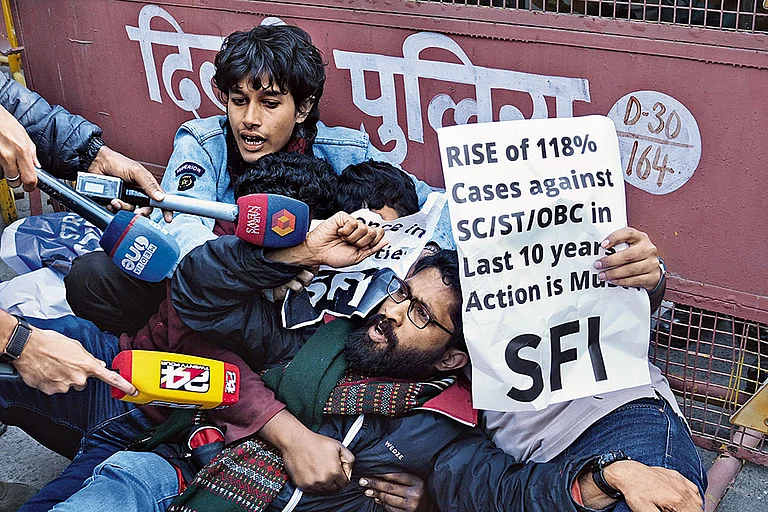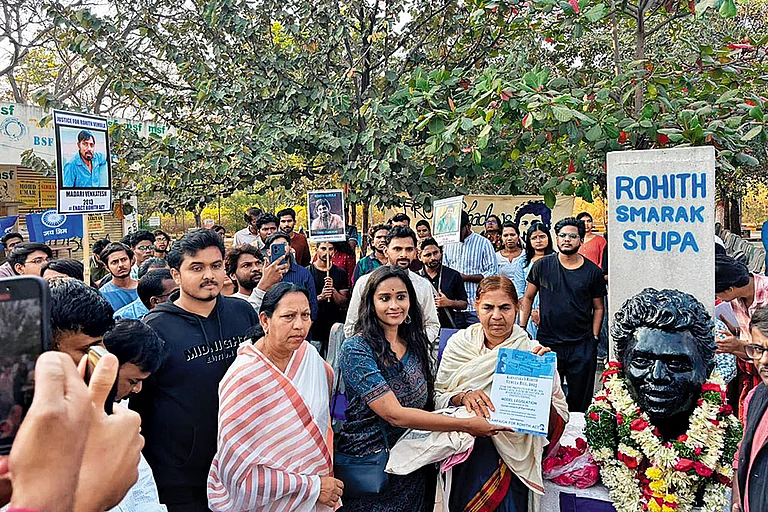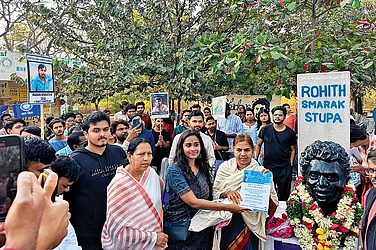RSS national executive member Indresh Kumar has extended an appeal to Muslims, urging them to recite "Shri Ram, Jai Ram, Jai Jai Ram" at mosques, dargahs, and madrassas during the upcoming Ram temple consecration ceremony in Ayodhya on January 22. Emphasising the shared ancestry of about 99 percent of Muslims and non-Hindus in India, Kumar stressed that their connection lies with the country, despite religious differences.
Addressing an event for the release of the book "Ram Mandir, Rashtra Mandir - A Common Heritage," Kumar, who is also the chief patron of RSS-linked Muslim Rashtriya Manch (MRM), called for individuals from diverse faiths, including Islam, Christianity, and Sikhism, to participate in the Ayodhya ceremony by offering prayers at their respective places of worship for peace, harmony, and brotherhood.
Kumar reiterated the MRM's appeal to chant 'Shri Ram Jai Ram Jai Jai Ram' at various religious sites, while also encouraging gurdwaras, churches, and all places of worship to decorate their spaces and watch the ceremony on TV. He aimed for collective prayers to promote unity and understanding among different religious communities.
Taking a swipe at National Conference leader Farooq Abdullah's comments about Lord Ram belonging to everyone, Kumar suggested that there was no disagreement on this point and urged Abdullah to convey this message to his associates. He highlighted that Lord Ram's inclusive significance transcends religious boundaries.
Kerala Governor Arif Mohammed Khan, addressing the event, underscored the essence of India's "gyan parampara," emphasising that a broad-minded perspective considers the entire world as one family. He expressed the importance of teachings that discourage possessiveness and promote a universal sense of belonging.












.png?auto=format%2Ccompress&fit=max&format=webp&w=376&dpr=2.0)













